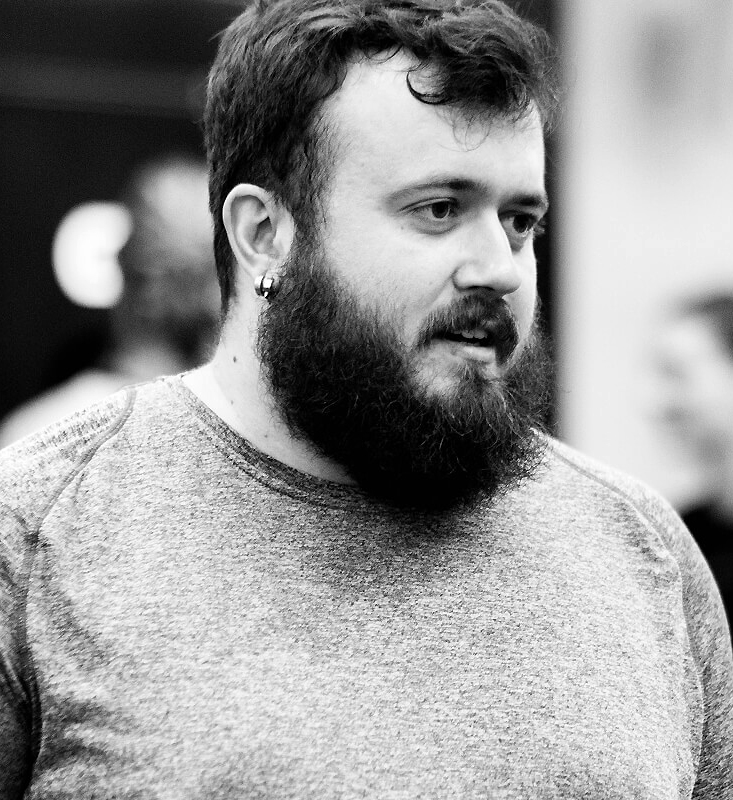
Learn how to defuse workplace tensions with our de-escalation training, available throughout the UK. We teach verbal and non-verbal de-escalation techniques to manage difficult interactions, conflict de-escalation skills, and prevent disputes from escalating.
Sessions are interactive and practical, with real-life scenarios, role-play, and feedback. Each delivery is tailored to UK workplace environments ensuring relevance to your team’s context.

Our instructors are UK-based professionals with real-world conflict resolution experience. We tailor each course to your industry (Retail, NHS, Education, Healthcare, Security). Post-training follow-up materials and refreshers are also available. Trusted by Public Sector, Private, and Nonprofit Organisations across the UK.


